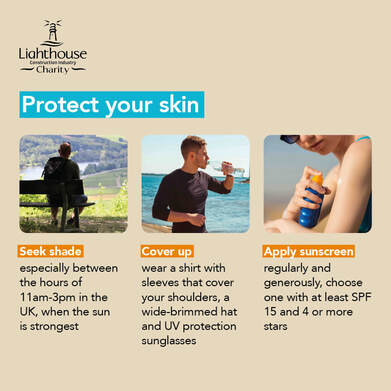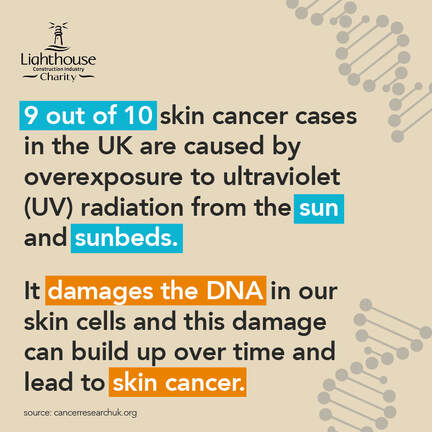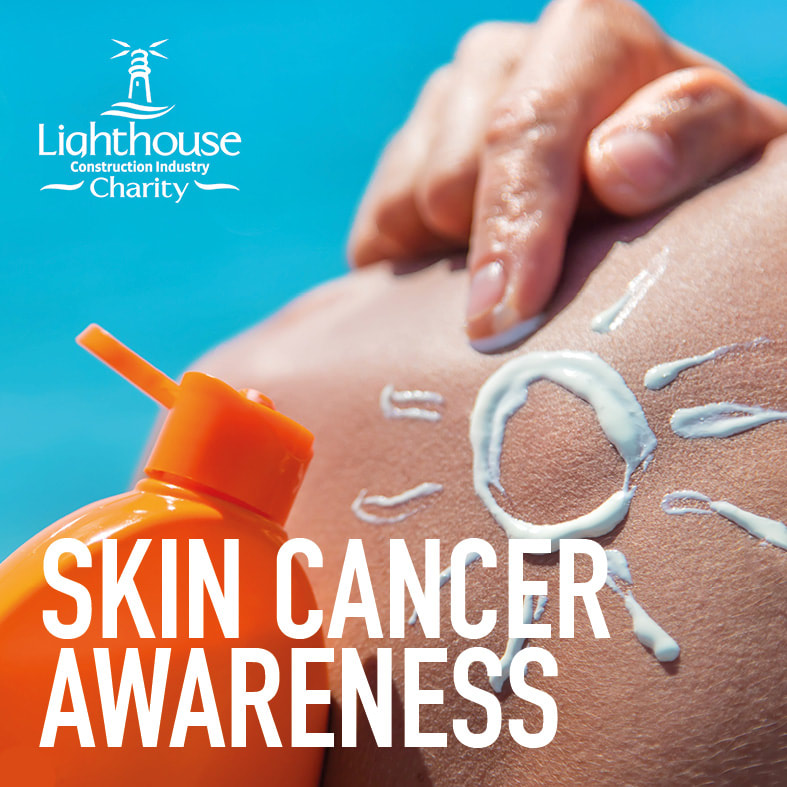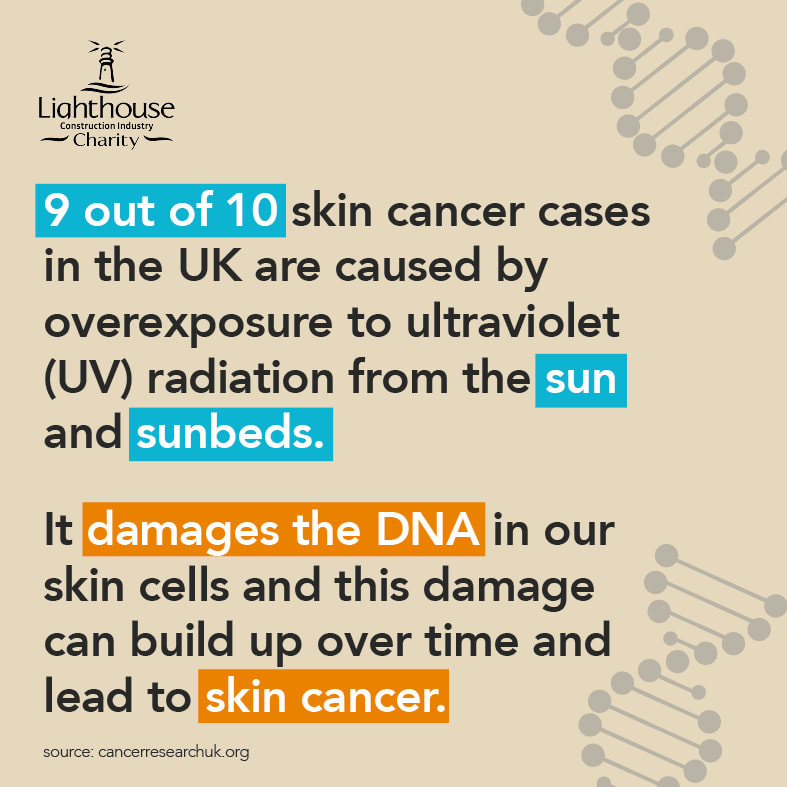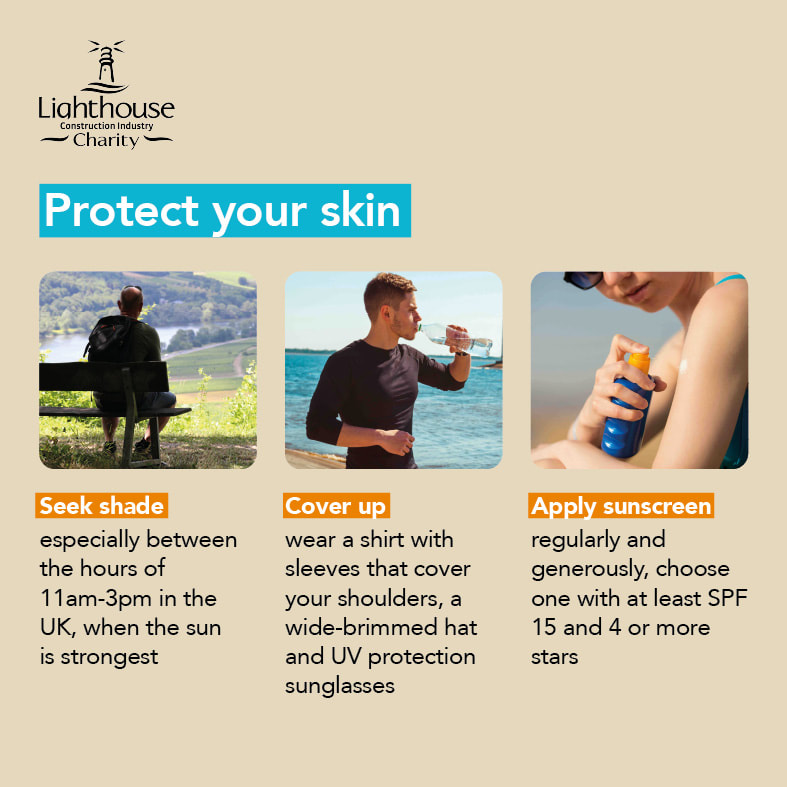Maintaining healthy skin is crucial, especially in the construction industry, where exposure to harsh environmental elements is common. Skin serves as a vital shield against the dangers posed by UV rays, chemicals, and pollutants present in construction sites. Failure to prioritise skin health can result in various issues like acne, premature ageing, and even skin cancer, which can significantly impact one's ability to work effectively and lead to long-term health complications. Implementing a routine of cleansing, moisturising, and sun protection is essential for safeguarding against these risks. Additionally, being vigilant about any changes in skin condition is crucial as it may indicate underlying health concerns. By ensuring proper skin care practices, construction workers can not only maintain resilient and healthy skin but also mitigate the potential health hazards associated with their profession
Some tips to help you look after your skin:
|
Protect yourself from the sun: Using a broad-spectrum sunscreen with an SPF of at least 15 and reapplying every two hours can help prevent skin cancer as well as trying to seek shade and wear protective clothing when possible.
Maintain a healthy diet: What you eat is as important as the products that you put on your skin. Your diet can improve your skin health from the inside out and drinking plenty of water helps keep your skin hydrated. Quit/reduce any smoking habits: Smoking decreases blood flow, depleting the skin of oxygen and nutrients that are important to skin health. |
Manage Stress: To encourage healthy skin — and a healthy state of mind — take steps to manage your stress such as setting reasonable limits, scaling back your to-do list and making time to do the things you enjoy.
Get a good night's sleep: People classed as poor sleepers had increased signs of premature skin ageing and a decreased ability for their skin to repair itself overnight from environmental stressors such as sun exposure.
Get a good night's sleep: People classed as poor sleepers had increased signs of premature skin ageing and a decreased ability for their skin to repair itself overnight from environmental stressors such as sun exposure.
|
Skin Cancer
There are two main types of skin cancer: Non-melanoma and melanoma.
Non-melanoma skin cancers usually develop on skin that is exposed to the sun, such as the head and neck. On the other hand, Melanoma develops when cells called melanocytes grow more quickly than usual. While it is less common than non-melanoma, it does have the ability to spread deeper into the skin, and to other organs, if it is not treated at an early stage. Since the early 1990s, both melanoma and non-melanoma skin cancer incidence rates have more than doubled, so it's extremely important to keep an eye out for the signs of each. |
|
Signs of non-melanoma:
|
Signs of melanoma:
|
If you have noticed any of these symptoms or are concerned that something may be wrong with your skin, make an appointment with your GP as soon as you can.


